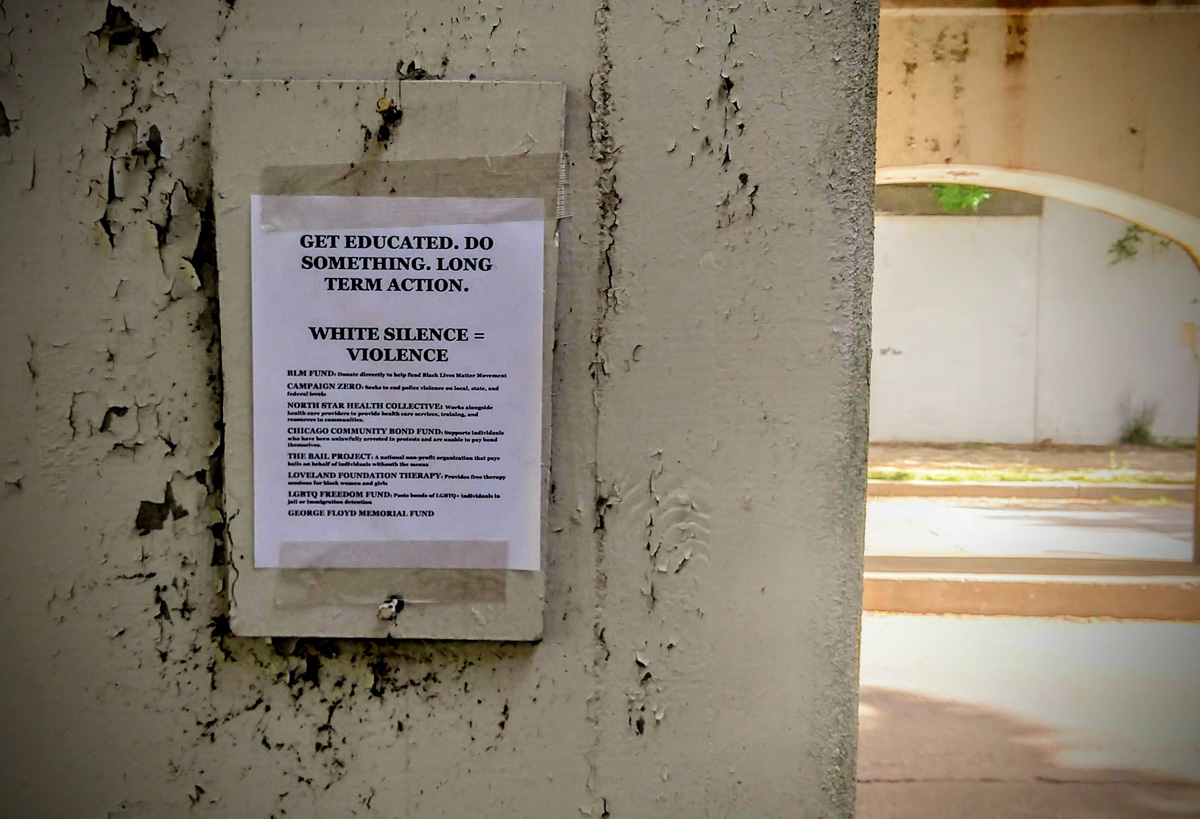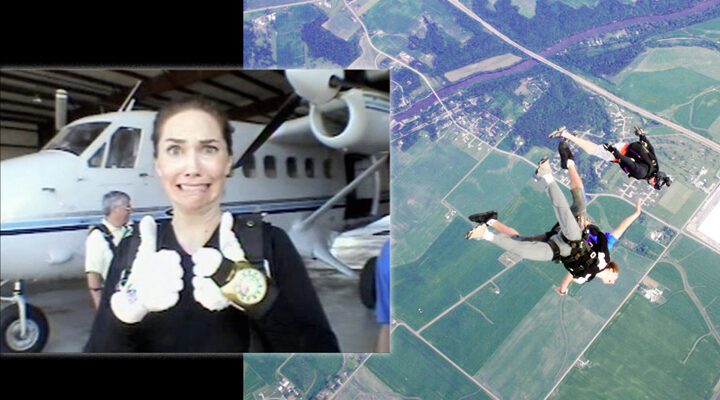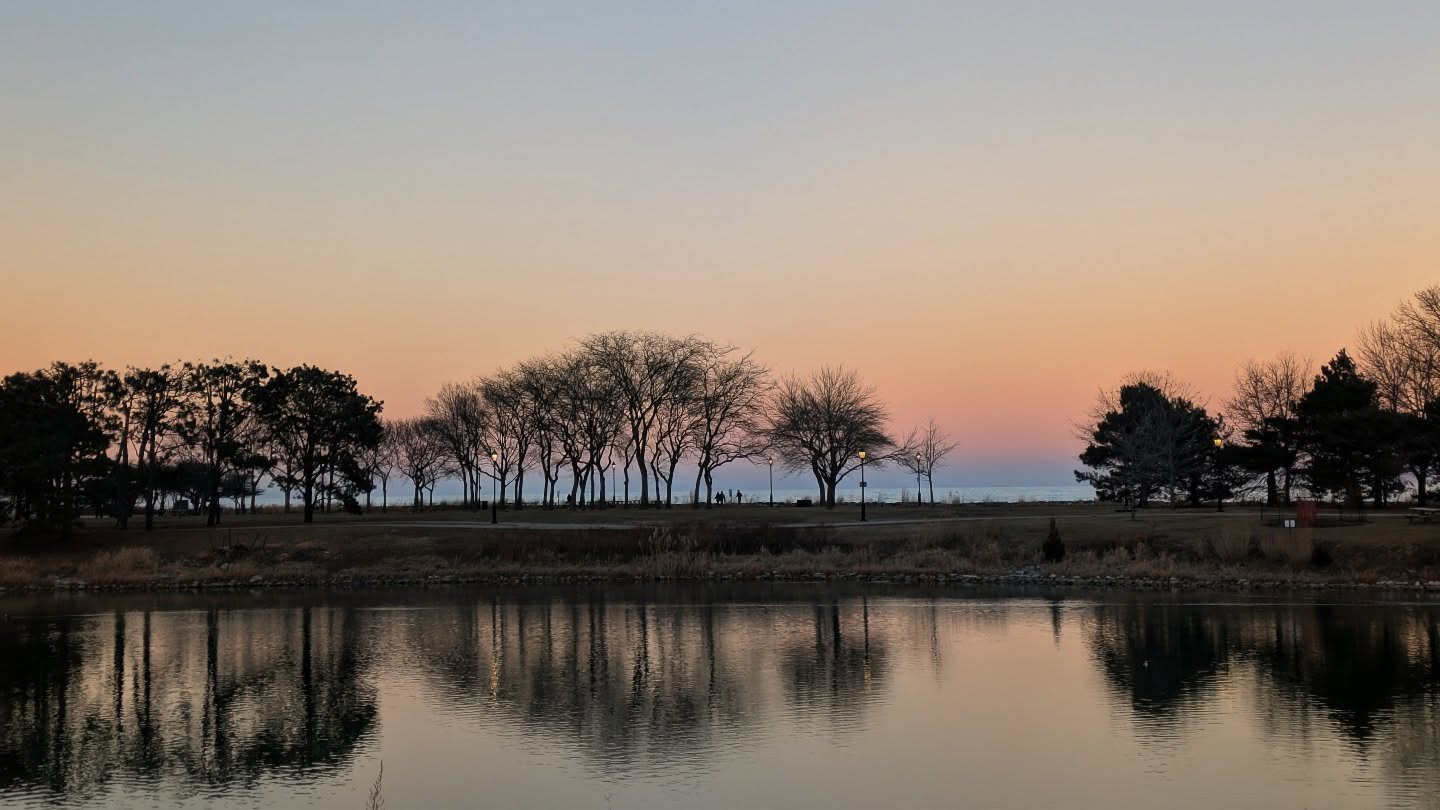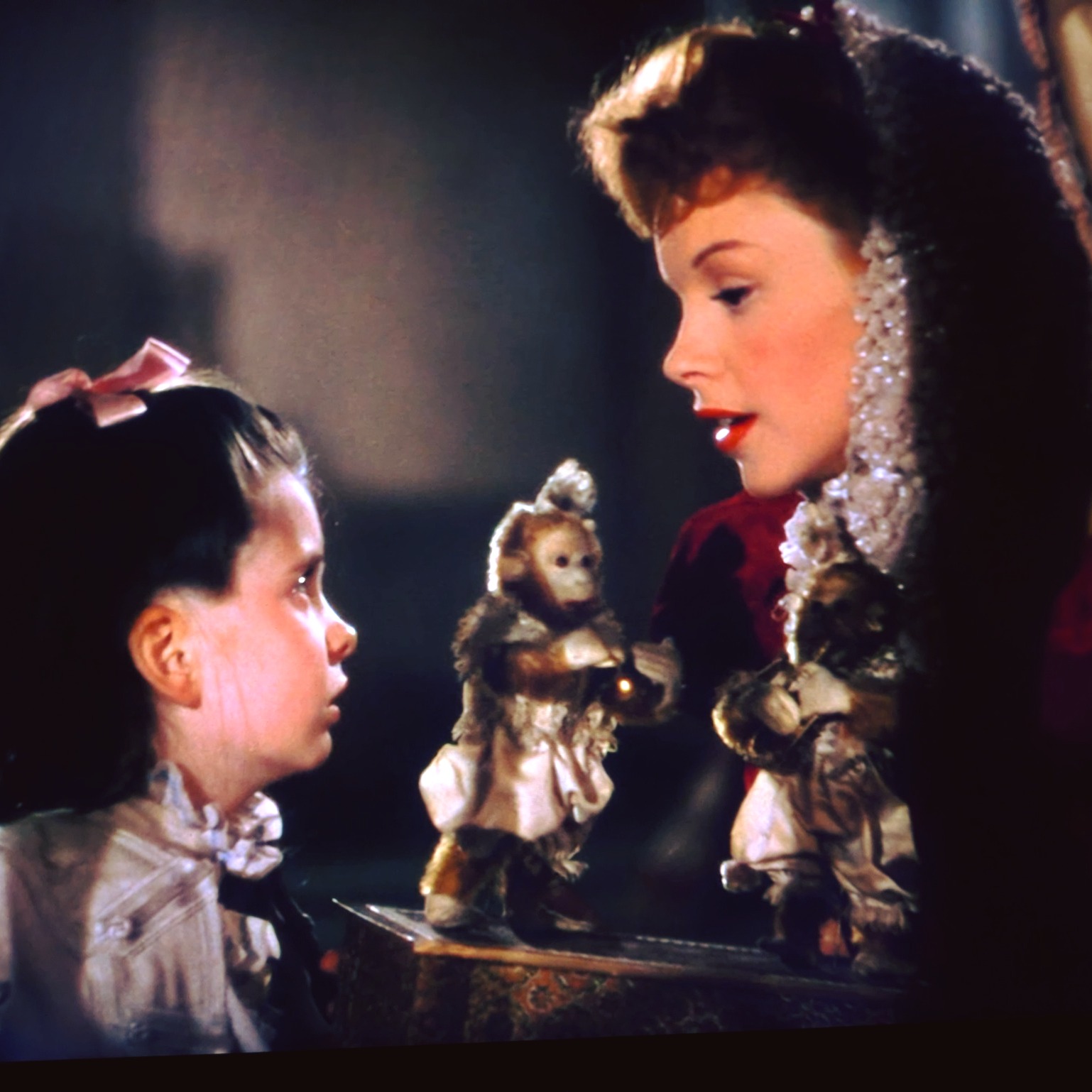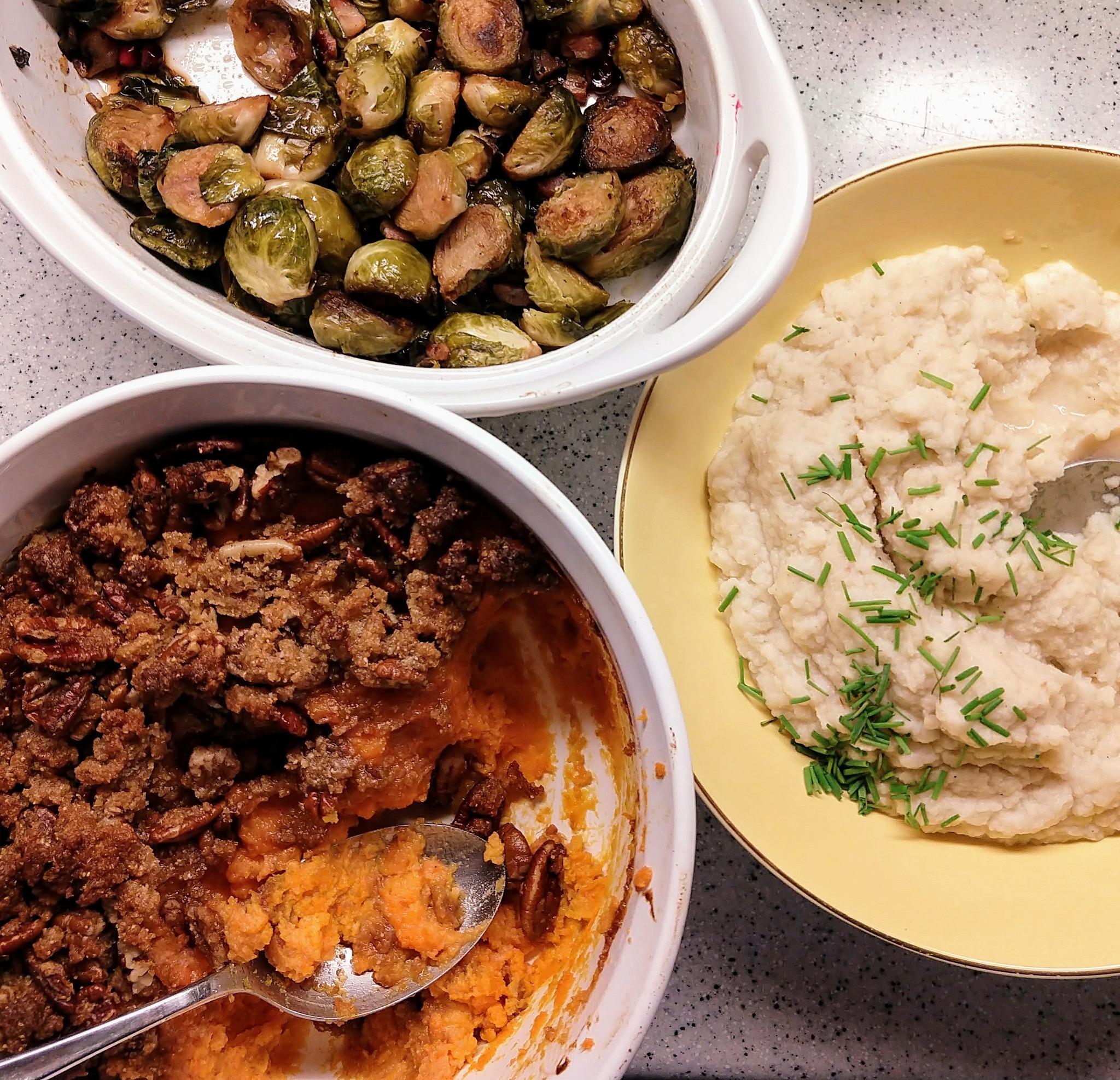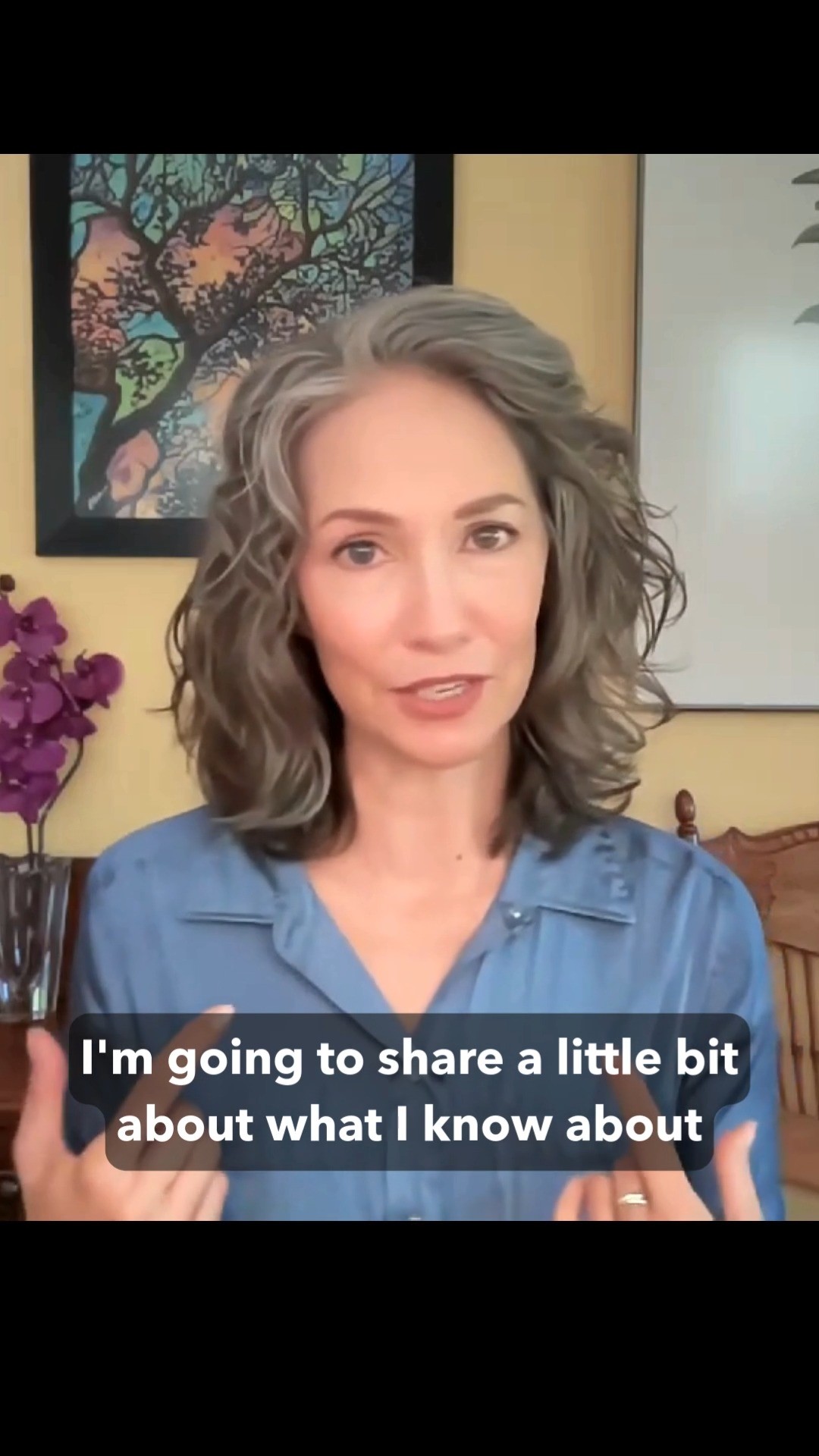All lives matter. What comes up for you when you read that?
Another question: How do our actions in this country support the sentiment “All Lives Matter”…?
Suffice it to say: They don’t. They don’t support this notion that “all lives matter” one bit.
Until black lives matter, truly matter, in this country and elsewhere around the world, just stop it with this mantra.
So, I’ve struggled with writing about this. Every blogger and every email that lands in my inbox are all stating the same. “We stand in solidarity” and “we oppose these killings”. Well, duh. Who wouldn’t?
That there are those who don’t oppose these killings is what blows my mind. Seeing images of the “George Flloyd Challenge” is what really got to me. What the actual f***?!
No, I’m not that naive. But part of me was hoping that somehow this time would be… different. And it is different.
Just not in a way I expected.
All Lives Matter, Diversity and Belonging
Another question for you, taken from an interview with Resmaa Menakem (therapist, coach, and trauma specialist) for On Being:
“Diversity, equity, inclusion; and even when you say it, everybody, their eyes get dreamy… But if you don’t define what that means, it can mean “Taco Tuesday.” It can mean “Collard Green Wednesday.” It can be anything that’s cursory. So one of the questions that I asked was: How many people in here believe in diversity?” Everybody shot their hands up. Boom. Everybody. I said, “Answer this one next question.” And I said, “Don’t bring your hands down; answer this question. Diverse from what?”
“Because when you say “diversity,” that means you start someplace first, and then you diversify from it.”
Diverse from what?
When you put it that way… yikes.
More from Resmaa Menakem in a moment.
Montrece McNeill Ransom had this to say about diversity: “The concept of belongingness goes beyond diversity and inclusion. Diversity is being invited to the party; inclusion is being asked to dance, and belongingness is being able to dance like no one is watching. Belongingness is an innate sense of psychological and emotional security that allows people to be their authentic selves and contribute in their own, unique way.”
How to move past this need for “diversity” and instead cultivate this sense of belonging – for everyone?
Good question.
White Trauma
I’m not well-read enough to dive into systemic racism and red-lining here, nor do I want to here. I encourage you to read up on this if you are not clear on the concept, it will help explain a lot of what goes on in this country.
So instead, I am focussing on what I can do as a white person. I have decided to learn. Learn all that I can about the experience of black people. To be curious and non-judgmental, as I am in every one of my coaching sessions. I’m ready to see what comes up for me, and gently question it. To lean into that discomfort, as I encourage my clients to do.
This is how this time is different for me. I’m not checking my discomfort at the door, I’m making an effort to carry it around to see what happens, to see what comes up.
One thing that I’ve learned is the fact that traumas are learned and inherited. Not only for black people but for white people too.
White people are afraid. And instead of confronting that fear, they pass down this fear and trauma every day in their actions – or lack thereof.
I remember my dad making a point of locking the car doors as if on cue when we entered and drove through a certain neighborhood outside of the city of Milwaukee. As a young white girl of 6 or 7, I looked out the window and saw black people walking on the sidewalks, doing their grocery shopping, gassing up their cars, talking, laughing, listening to music. Despite these images of normal people doing normal everyday things, black people are scary was the message I got. My dad was afraid, and I too should be afraid. Duly noted. Thanks, dad.
[Sidebar: my Grandpa, my dad’s father was “quietly racist” as well, or maybe not so quiet. I remember him making derogatory comments about the man my sister dated in college who happened to be from Singapore; he also took it upon himself to write long letters to me – this was way before email was a thing – about the Indian man I was dating at the conservatory; Grandpa was concerned for my well-being. He was afraid.
In one of those letters, my Grandpa sent along an article from the newspaper that described how dirty the Ganges River was, and how all Indians bathe in this river, so my boyfriend must be dirty. I was furious at the time but didn’t know what to do except to push my Grandpa out of my life for a while. I didn’t have the words or wherewithal to speak about any of this. I get that this is where my dad learned how to act. And how I learned to act. Or not act.]
Reflecting on my adult life, I knew my body tensed up when I saw a black person on the other side of the street. Going to college with black people (in a big city with even more black people) helped change that, and as I became more aware of my thoughts, I ignored them. I hid them safely away. This is not me anymore, I thought. But, the original messages were still there, lurking. The trauma remained.
A friend confided in me that she grew up in a very open and inclusive environment, where “color didn’t matter”. This is what she learned, and yet she told me she felt the same thing when seeing a black man on the sidewalk coming towards her. Where did this come from, this feeling of unease in her?
What have we learned, either directly or indirectly? How to undo this?
It’s time to confront that fear and figure this shit out.
Other traumas are not as obvious. They can go back generations.
Most of us are not even aware of the trauma we carry, which can be passed down from our great-grandparents and beyond. Children of holocaust survivors carry this trauma. Pregnant women who dealt with the stress of living through 9/11 have passed along their PTSD to their children.
Resmaa Menakem goes on to say: “If my mom is born, as a black woman, into a society that predicates her body as deviant, the amount of cortisol that is in her nervous system when I’m being born is teaching my nervous system something.”
When you think of black people and how they came to this country and how they were enslaved, beaten, killed, what trauma and stress do you think is passed along to their children? Their grandchildren?
And when you think of the continued stress placed on these people generation after generation due to how our country is run and also due to the thoughts and actions that people not unlike my dad and grandpa had – and passive thoughts that people like myself have – what comes up for you?
I cannot even imagine the amount of trauma that has been passed down to people of color.
All lives matter, indeed.
All lives haven’t mattered for centuries in this country.
I am not an “active” racist, but I am an incredibly, woefully ignorant one. Passively I am letting things continue on the way things are.
All Lives Matter – What To Do To Make This A Reality?
It is overwhelming to me, but I feel a crack in my knowledge, my understanding. It is hugely uncomfortable. But I am ready to lean into that feeling of unease and let it blossom and grow (into what, I don’t yet know) instead of ignoring it and spackling over the crack with a pint of vanilla chocolate-chip Häagen-Dazs (what could be whiter?). Or doing yoga for an hour or writing a blog post and thinking “ah now I feel better!” as so many white people I know tend to do.
Black people can’t just do yoga and “feel better”. They can’t wish any of this away.
I know that as a woman I will experience some sexism here and there, but it will never, ever compare to what people of color have gone through. I cannot ever fully understand the trauma they have experienced, and what they continue to experience.
But, I can support and accompany them on their journey.
Leaning In.
Leaning into this unease feels weird. It is strange. What to do with it? How to make true the sentiment that All Lives Matter?
I am starting by listening to podcasts on the topic of racism. I won’t ever understand what it means to be black, but I can sure as hell figure out what it means to be white.
I am checking out my black friend’s walls and pages on Facebook and checking out posts of black people on social media. I am reading their words, trying to educate myself.
On my walk this morning I passed the sign in the photo above and it inspired me to do some research on what is available to us here in our town. Starting close to home feels right. What can I do, right here right now, with the resources available to me, to begin to help?
If you are white and reading this and ready to lean into that uncomfortable feeling, what can you do to learn about black people and racism? Are you a book reader? A get-out-there activist type? Write-a-letter-to-your-local-government person? Is sitting down with your parents, grandparents or children and having a candid, open discussion doable? What organizations in your city or town can you research and join to help black voices be heard?
How can you, starting here and now, begin to let that uncomfortable feeling blossom?
What can you do to support black people on their journey?
As far as the phrase “All Lives Matter”, well, duh.
Prove it. Until you can, please stop saying that they do.
Some resources I found helpful:
On Being Podcast with Resmaa Menakem. “Resmaa Menakem is a therapist and trauma specialist who activates the wisdom of elders and a very new science, about how all of us carry the history and traumas behind everything we collapse into the word “race” in our bodies. He helps explain why vulnerabilities and inequities laid bare by the pandemic have fallen hardest on Black bodies. He illuminates why all of the best laws and diversity training have not gotten us anywhere near healing.”
Ten Percent Happier Podcast and YouTube Channel. The podcast episode with Sebene Selassie is a great place to start: “There is fury in America’s streets — and we, as meditators, have the opportunity to use our practice to do the hard work of seeing things clearly (including the ugliness in our own minds), and responding wisely. This episode is in response to the protests that have broken out nationwide… our conversation is personal and raw. Most of all, we hope it is useful.”
Seeing White is a series I’m just getting into by Scene On Radio: “Where did the notion of “whiteness” come from? What does it mean? What is whiteness for? Scene on Radio host and producer John Biewen took a deep dive into these questions, along with an array of leading scholars and regular guest Dr. Chenjerai Kumanyika, in this fourteen-part documentary series, released between February and August 2017. ”
If you’re looking for something to do to help, 75 Things White People Can Do For Racial Justice is a great list to peruse; within that list also gives an excellent overview of what’s wrong with the prison/education systems in our country. This list also has many books written by black authors to check out if you are a reader.
Tara Brach has a beautiful talk on recent events. “Anti-Black racism is the core wound of American culture, and we each have a role to play in fighting racism, a medicine to bring to these times. This talk explores how we can offer an honest and courageous presence to key domains of this suffering. We then look at affirming that Black lives truly matter with our dedicated and wise action.”
Reflections From A Token Black Friend is an excellent read about growing up black and living in a white world: “Many of the white people I know have no concept of the role they have, passively or actively, played in perpetuating these conditions. They have no idea how much we long to hear them speak up for us, and to embrace some of the discomfort around these issues with us… I have spent so much time in the white community, and enjoyed the privileges that come with that, yet still I am affected by all these issues. Despite the obvious differences in my story to that of the average young black man, I believe my story can still speak to the immediacy of the need for change. Additionally, it can serve as an example of a genuinely meaningful relationship between a black person and white people, emphasizing the ability of white people to be either allies or enemies.”
And, regarding “All Lives Matter”, here’s a good post about why you need to stop saying it: “But let’s get back to the issue of countering Black Lives Matter with the phrase “All Lives Matter.” I’ve come to describe this as a collective gaslighting from the white community. Gaslighting is a tactic in which a person or entity, in order to gain more power (or in this case, keep their own peace), makes a victim question their reality. Why do those who counter black lives matter act as though black people aren’t aware of the glaring disproportionate statistics of police brutality, of health care racism, and of mass incarceration? This is our reality. You deciding to ignore it for your own comfort doesn’t make it any less true.”
My offer to you.
In light of all that’s been going on in this world, I would like to offer you, dear reader, some coaching.
I will listen deeply, offer empathy, and help you make sense of what’s going on in the world right now. It does not have to be about nutrition or autoimmune issues. We can talk about anything that’s on your mind.
We can talk about anything that’s on your mind:
- creating new habits in this “new normal” – or maintaining current habits
- work challenges – either working from home or being out of work
- figuring out how to best spend your time with your now at-home children (and still retain your sanity)
- how to cope if you have too much free time, or if you are finding it hard to strike a work-time vs. free-time balance in light of recent changes
- how best to manage stress
- guilty feelings about not having to go work or the gym or maybe cheating on your diet
- feeling ok doing absolutely nothing for a while
- helping you create structure in your life and a plan moving forward – whatever that may mean to you
- help you regain control if you are feeling out of control
- if you are a health care worker, I can offer empathy and support for what you are facing right now.
To book your Complimentary “Meet & Greet” Session and Assessment, click here.
Be well, everyone, and I look forward to meeting you.
Sandy
Sandy Swanson is a Certified Functional Health Coach who received her training from Chris Kresser’s ADAPT Health Coach training course (A-CFHC) and is also a National Board Certified Health and Wellness Coach (NBC-HWC). You can learn more about her here and more about what coaching is here.
